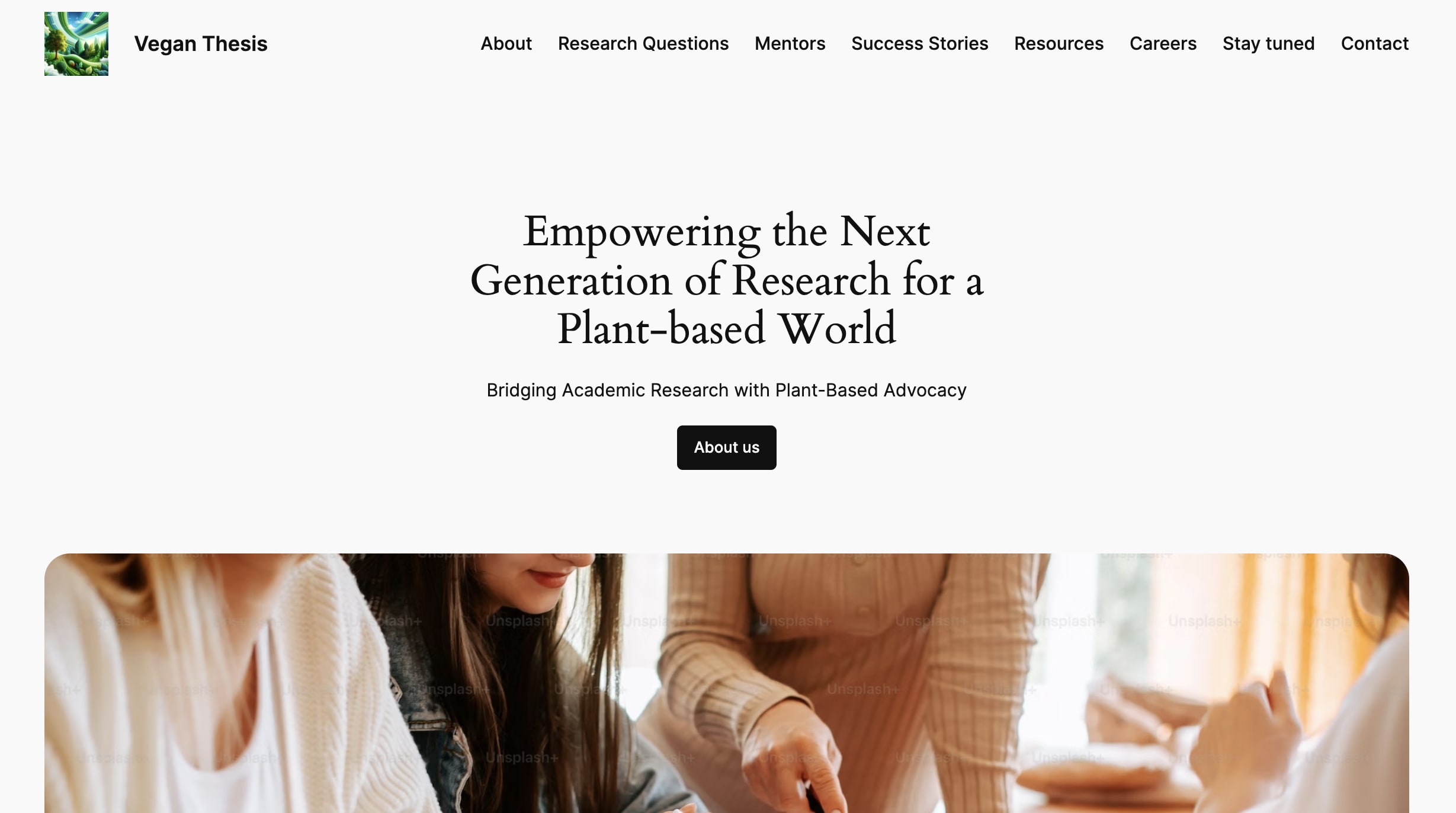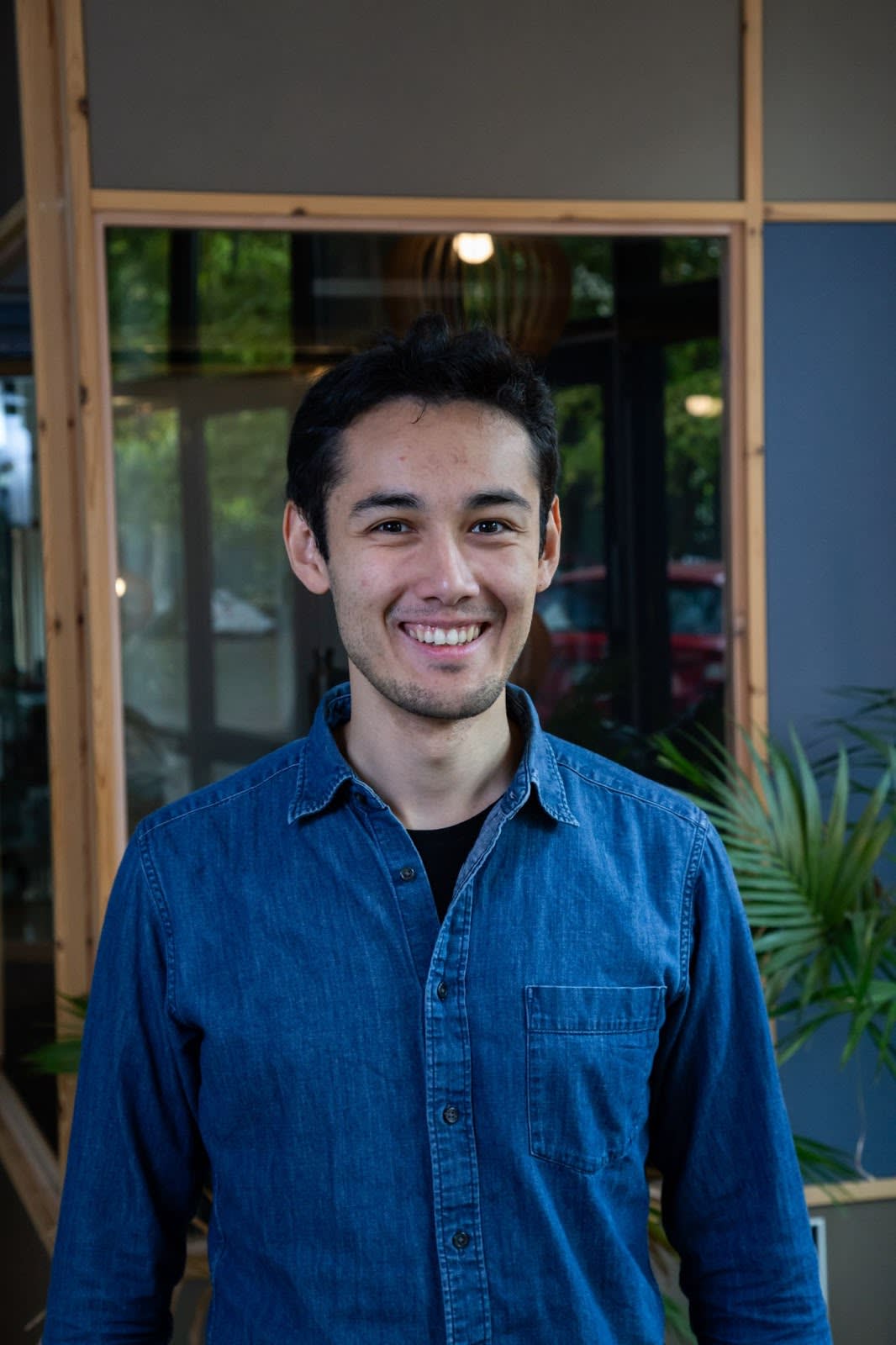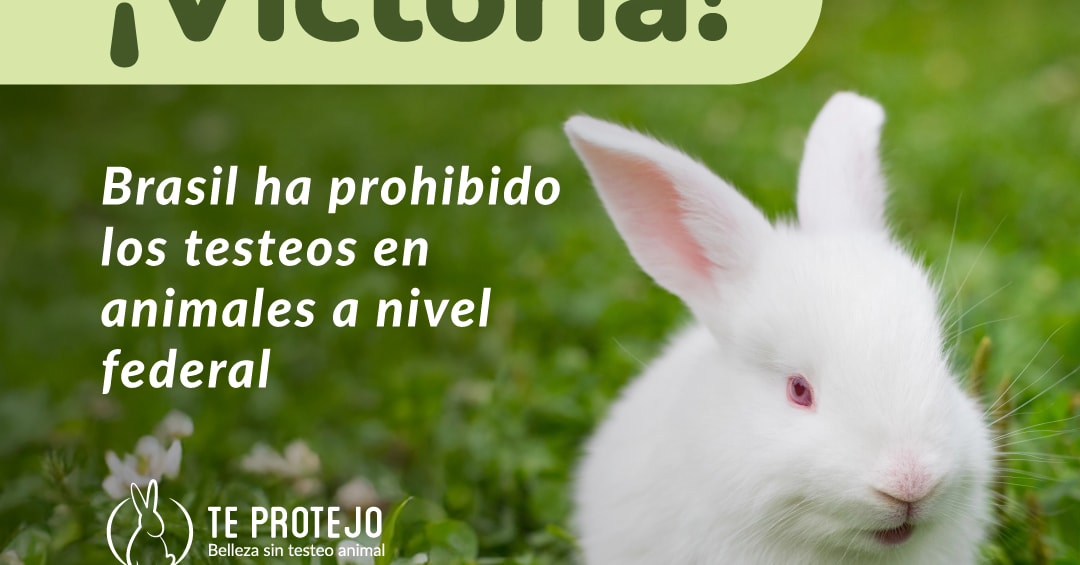In a world increasingly aware of the environmental, ethical, and health implications of our food choices, Vegan Thesis is a new platform that bridges academic research and plant-based advocacy. Our mission is clear: to inspire, connect, and empower a global network of students to conduct research that not only contributes to scholarly discourse but also drives tangible progress towards a more ethical and sustainable future.
Vegan Thesis's journey began as a part of Kickstarting for Good, an incubator program focused on transformative social startups in the food system. This initiative, spearheaded by ProVeg Incubator, provided a fertile ground for our founders to meet, brainstorm, and nurture the idea of Vegan Thesis. From ideation to execution, this program played a pivotal role in shaping our vision and strategy to carve out a niche in academic research for a plant-based world.
What’s the scale of our potential reach? According to the United Nations, over 200 million students are enrolled in universities worldwide. A conservative estimate suggests 10% of them are interested in topics related to plant-based food system transitions or animal ethics, and that about 20% of those interested students have the opportunity to do relevant research. Whether they study economics or philosophy or medicine, students with diverse academic backgrounds could all engage in research for a more plant-based world.

The homepage of Vegan Thesis at veganthesis.org
Our mission was further affirmed after speaking to many influential vegan and animal advocacy organizations, startups and academics whose work could be advanced through more research. Though they currently don’t have the capacity to do the research themselves, they are eager to collaborate with students to fulfill their research needs while mentoring future leaders of our movement.
Vegan Thesis was born to facilitate collaboration between students, advocacy organizations, startups, companies, researchers, and research institutions so that real-world research needs are met. By matching students with organizations while they conduct research, our platform creates a talent funnel for non-profits and can change the careers of students to be more impactful in the long term. Our success will be measured not just in the number of research projects we initiate but also in the paradigm shift we sustain in academia and public perception towards plant-based diets and animal advocacy.
Vegan Thesis distinguishes itself through its student-centric and multi-stakeholder approach:
- Collaborative Research Platform: We have developed a database of research topics, collaborating with NGOs, startups, companies, and academic experts. This database is a treasure trove of high-potential thesis and research questions, providing a bedrock for impact-led academic inquiry.
- Mentorship and Networking: We match students with experienced professionals and academics, offering guidance and support throughout their research journey while nurturing the future leaders of a plant-based and sustainable food system.
- Global and Diverse Reach: Understanding the global nature of our mission, we cater to students from various educational systems, ensuring that our impact is both broad and multicultural. Students from anywhere in the world can access and use our platform. Even in countries that don’t allow certain forms of vegan and animal advocacy such as street campaigns, there are students who need to write a thesis.
Yuxi (left) and Joël (right), Co-founders of Vegan Thesis (Photo credit: Jan Michalko)
The team, led by Yuxi Xia, MA student at the Rachel Carson Center for Environment and Society, and Joël Christoph, director of Effective Thesis, is dedicated to driving the platform forward. Guided by advisors like Sebastian Joy and Dr. Faraz Harsini and supporters such as Dr. Melanie Joy, we’re continuing to expand and invite collaborations, partnerships, and participation from all corners of the globe.
Join us in creating a world where every motivated student contributes to impactful research that accelerates plant-based food system transitions for the betterment of all living beings.
Explore more about Vegan Thesis and contact us at: info@veganthesis.org






Incredible to see how much you guys progressed during and after the Kickstarting for Good programme! Excited to see the impact this creates!!